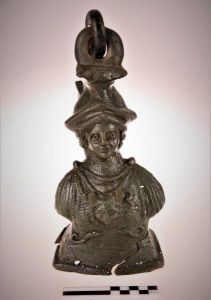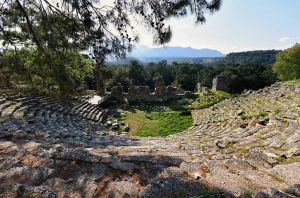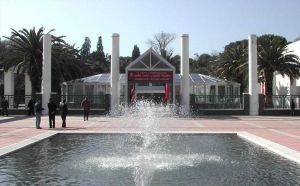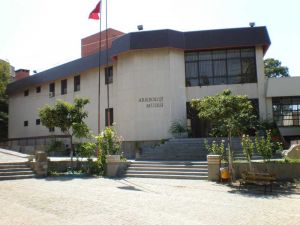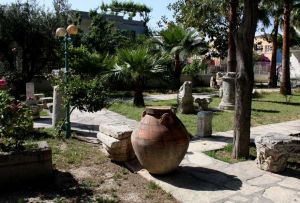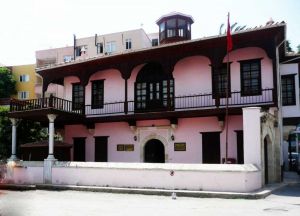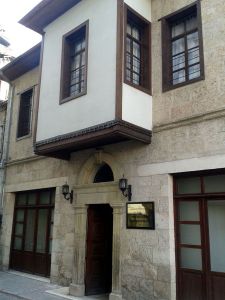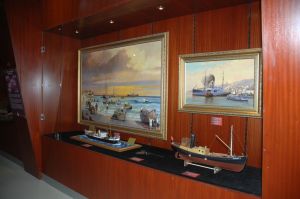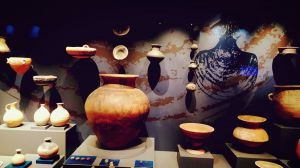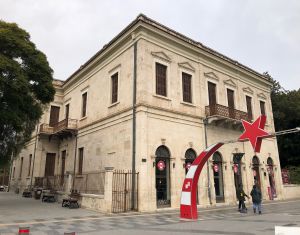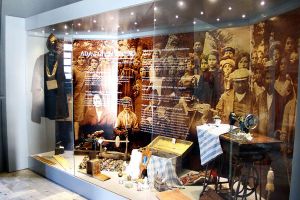museums
Museums in the city. They are usually places where objects of artistic, historical, scientific or cultural significance are exhibited and preserved. Museums aim to provide an opportunity to look more closely at and learn about people's pasts, cultural heritage, and works of art. Therefore, museums aim to share knowledge, provide education and increase cultural understanding. Objects exhibited in museums may include examples from a variety of subjects, such as archaeological finds from prehistoric periods, works of art, historical documents, examples of natural history, and sections exhibiting technological developments. Museums can also include art galleries where the works of a particular artist or period are presented.
Functions of museums in
We can sort the functions of museums like this. Museums increase historical or cultural awareness by presenting rare or important objects to the public. Exhibited objects are places where special measures have been taken to protect them from deterioration or damage. Museums can organize educational programs to inform, teach, and enable visitors to learn new things. Many museums study objects and contribute to scientific research. Museums organize social, cultural or educational activities to serve the local community or society. Museums around the world can focus on different subjects and have different characteristics.
What is the purpose of museums?
What is the purpose of museums? The main purpose of a museum can be summarized as providing people with education, cultural experiences and information, preserving cultural heritage and passing it on to future generations. The main purposes of museums can be listed as; Education, Cultural Experience, Preservation of Cultural Heritage, Social Contribution, Research and Discovery, Recreation, Tourism and Economic Contribution and Social Awareness. These purposes may vary depending on the types, concepts, and geographical locations of museums. But in general, museums are important institutions for the preservation and sharing of knowledge, education, art, and cultural heritage.
What 's on display at the museum
What's on display at the museum, Many different types of objects and artifacts can be exhibited in museums. The exhibits may vary depending on the type, characteristics, and purpose of the museum. Some of the types of objects and artifacts that are often exhibited in museums are: Works of Art, Archaeological Finds, Historical and Cultural Objects, Natural History Objects, Scientific and Technological Objects, Educational Objects for Children, War Objects, Literature and Writing Objects, Music.
Instruments and science libraries
- Museum day: Museum Day is an event celebrated around the world that highlights the role museums play in preserving and sharing cultural heritage. It is celebrated every year on May 18 with various events.
- Free museums: Some museums can be visited free of charge on certain days or at certain times. This practice aims to encourage museums to reach a wider audience and share their cultural heritage.
- Museums of history: History museums are museums that exhibit historical events, personalities, and periods. These museums offer visitors the opportunity to better understand the meaning and significance of the past.
- Education at the museum: Museums are important resources used for educational purposes. Schools organize museum tours to enrich students' learning experience. In addition, educational programs and activities of museums are also offered.
- Museums are closed on: The days when museums are closed may vary depending on the museum and the country. Therefore, it is important to check the closing days on the official website or information resources of the museum you are planning to visit.
- The Importance of Museums in the Preservation of Historical Works: Museums collect, preserve, and exhibit historical artifacts. This plays a critical role in passing on the traces of the past to future generations. They also prevent the deterioration of historical artifacts by ensuring their professional maintenance.
- Museums of literature: Literary museums are museums that exhibit the lives, works, and history of important writers related to literature. Such museums can be an important resource for literary lovers.
- Museums of Geology: Geological museums house important collections in the field of geology and earth sciences. These museums are an excellent resource for exploring topics such as the formation of the earth, geological processes, and fossils.
- Museums of Industry: Industrial museums exhibit industrial developments, technology, and industrial history. These museums are important for understanding the period from the industrial revolutions to modern industry.
